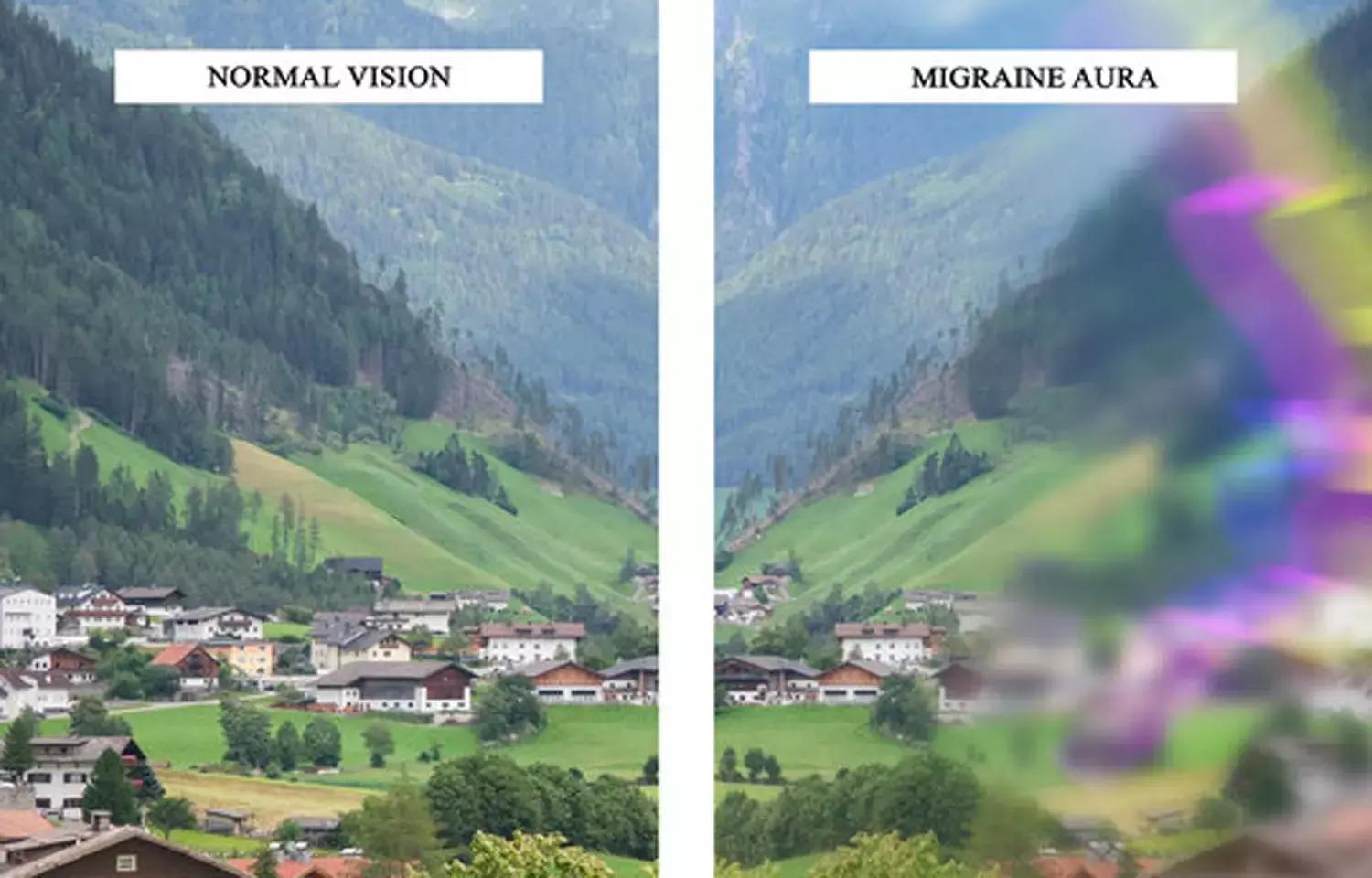Migraine May Increase Risk Of All Types Of Retinal Artery Occlusion: Study
- byDoctor News Daily Team
- 19 July, 2025
- 0 Comments
- 0 Mins

Researchers have recently observed that migraine is associated with increased risk of all types of retinal artery occlusion (RAO) and migraine with aura is associated with increased risk of RAO compared with migraine without aura, as published in the American Journal of Ophthalmology.
Based on theories and pathophysiology of a retinal migraine, precipitating factors for a retinal migraine are same for a migraine, with and without aura. Factors include, but are not limited to, emotional stress, high blood pressure, and hormonal contraceptive pills, as well as exercise, being at a higher altitude, dehydration, smoking, low blood sugar, and hyperthermia. Co-morbidity with lupus, atherosclerosis, and sickle cell disease increase the risk of having a retinal migraine.
Hence, Ahmad Al-Moujahed and colleagues from the Byers Eye Institute, Horngren Family Vitreoretinal Center, Stanford University School of Medicine Department of Ophthalmology, Palo Alto, California conducted this study to determine if migraine is associated with increased risk of retinal artery occlusion (RAO).
The authors carried out a retrospective cohort study on a total of 418,965 patients with migraine and matched controls without migraine. Cox proportional hazard regression models were used to investigate the association between migraine and risk of all RAO, central RAO (CRAO), branch RAO (BRAO), and "other" RAO, which includes transient and partial RAO. The main outcome measures were the occurrence of all RAO, including CRAO, BRAO, and other RAO, following first migraine diagnosis.
The results were-
a. Among the 418,965 patients with migraine, 1,060 (0.25%) were subsequently diagnosed with RAO, whereas only 335 (0.08%) of the patients without migraine were diagnosed with RAO.
b. The hazard ratio (HR) for incident all RAO in patients with migraine compared with those without migraine was 3.48 (95% Confidence Interval (CI): 3.07 - 3.94; P <0.0001].
c. This association was consistent across all types of RAO, including CRAO (HR = 1.62; 95% CI: 1.15 - 2.28; P=0.004) BRAO (HR 2.09; 95% CI 1.60 - 2.72; P <0.001), and other types of RAO (HR 4.61; 95% CI 3.94 - 5.38; P <0.001).
d. Patients with migraine with aura had a higher risk for incident RAO compared with those with migraine without aura (HR = 1.58; 95% CI: 1.40 - 1.79; P <0.001). e. This association was consistent for BRAO (HR = 1.43; 95% CI 1.04 - 1.97; P <0.03) and other types of RAO (HR = 1.67; 95% CI 1.45 - 1.91; P <0.001), but was not statistically significant for CRAO (HR = 1.18; 95% CI 0.75 - 1.87; P = 0.475). f. Significant risk factors for this association included increased age, male sex, acute coronary syndrome, valvular disease, carotid disease, hyperlipidemia, hypertension, retinal vasculitis and/or inflammation, and systemic lupus erythematosus.
Hence, it was concluded that "migraine is associated with increased risk of all types of RAO and migraine with aura is associated with increased risk of RAO compared with migraine without aura."
Disclaimer: This website is designed for healthcare professionals and serves solely for informational purposes.
The content provided should not be interpreted as medical advice, diagnosis, treatment recommendations, prescriptions, or endorsements of specific medical practices. It is not a replacement for professional medical consultation or the expertise of a licensed healthcare provider.
Given the ever-evolving nature of medical science, we strive to keep our information accurate and up to date. However, we do not guarantee the completeness or accuracy of the content.
If you come across any inconsistencies, please reach out to us at
admin@doctornewsdaily.com.
We do not support or endorse medical opinions, treatments, or recommendations that contradict the advice of qualified healthcare professionals.
By using this website, you agree to our
Terms of Use,
Privacy Policy, and
Advertisement Policy.
For further details, please review our
Full Disclaimer.
Tags:
Recent News
Sleeping with Low Pillow Height May Increase Risk...
- 05 November, 2025
Novel Blood Test May Offer definitive diagnosis fo...
- 05 November, 2025
Esmolol Outperforms Landiolol in Reducing Mortalit...
- 05 November, 2025
Max Healthcare and Tata Institute for Genetics and...
- 05 November, 2025
Daily Newsletter
Get all the top stories from Blogs to keep track.


0 Comments
Post a comment
No comments yet. Be the first to comment!